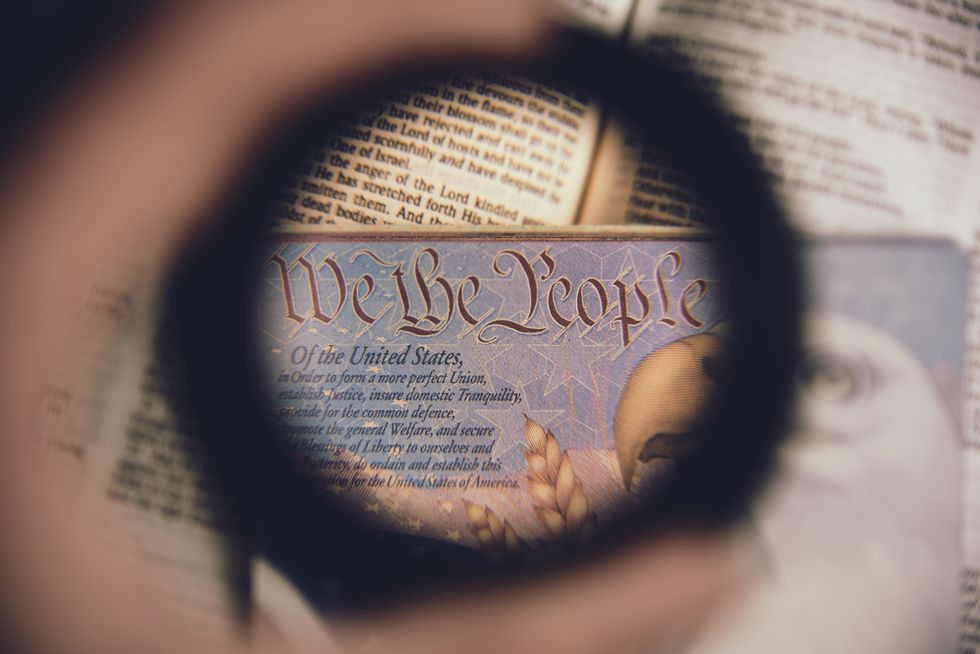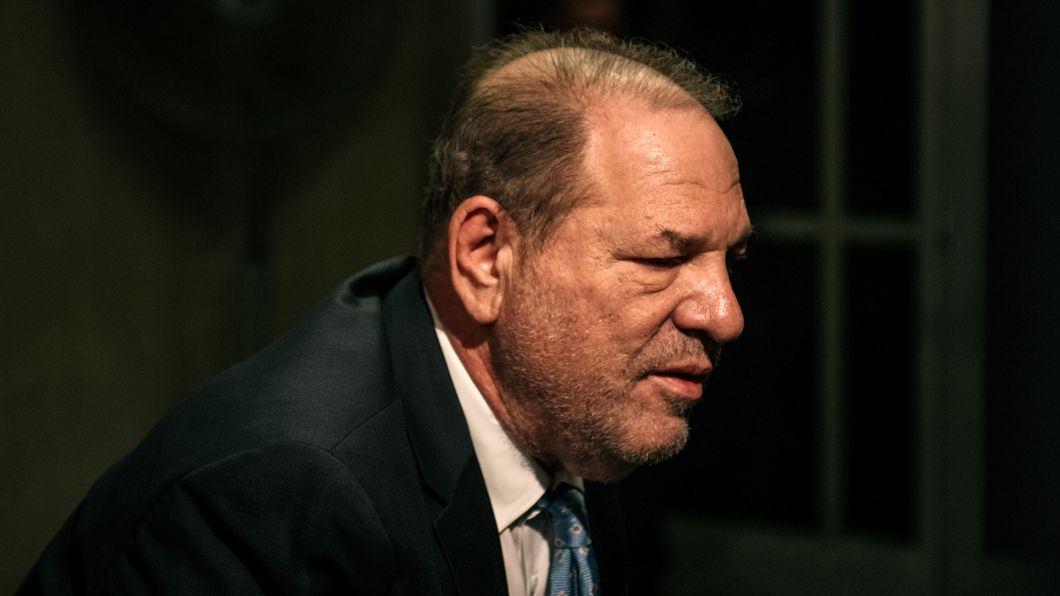The prevalence of conspiracy theories in today's society has been extremely entertaining to me. Since I am a very curious person by nature, I love researching and learning more about theories that people created to explain seemingly normal events. I've watched flat earth documentaries, researched government projects such as MK Ultra and Area 51, and watched all of the Shane Dawson YouTube videos regarding conspiracy theories. Interesting as they may seem, when conspiracy theories and ungrounded claims begin to undermine politics, it can be dangerous and detrimental to our society. Therefore, I believe it's important to address why conspiracy theories arise, especially in politics.
I took about a course about Media and Politics at James Madison University this past year and studied the book Mass Media and American Politics by Doris Graber and Johanna Dunaway. They identified many reasons why people are attracted to conspiracy theories and willing to believe the theories they hear, even from less-than-credible sources. First, the lack of information about an important event or place causes people to speculate or to make up information. This, mixed with the general distrust of government that many people have, can result in people accusing the government of lying or suppressing information. Second, conspiracy theories are also popular because fantasy can act as an escape mechanism for stress. People enjoy making up or choosing to believe stories that seem ridiculous simply because it is fun and stress-relieving to believe in something. Additionally, intellectual vanity or pride can cause people to stick more adamantly to their beliefs even when they are told contradicting information. Similarly, groupthink with confirmation bias means that we are more likely to believe information a lot of other people believe on the basis that other people agree with us and because we seek out information that agrees with our preconceived opinions and bias. The "Burden of Proof Fallacy," which claims that something must be true if it can't be disproven, also supports a number of groundless conspiracy theories because it is not true that every ridiculous scenario can be disproven easily. Finally, we humans like patterns over randomness and we want to believe there is a motive or intention behind actions or events. For example, when a major tragedy strikes, it is hard for us to understand how something so terrible could happen so randomly. People want to find motives behind events that are simply tragic, and they want to shift blame when it does not agree with their beliefs.
Gun violence is a clear example of a political issue that has many conspiracy theories around it. As I wrote in a previous article about hateful rhetoric, far-right TV personality and conspiracy theorist Alex Jones was popular for claiming that the parents of the victims from the Sandyhook Elementary School Shooting were paid actors. Despite this claim being completely ridiculous and having no evidence to support it, many people chose, and still choose, to believe that the school shooting was fake due to groupthink and because people want to find patterns and meaning in things instead of accepting tragedy.
The most recent unsupported conspiracy theory that has gone viral is that the Clintons were involved in the death of Jeffrey Epstein. Jeffrey Epstein was a convicted sex offender who had connections to many politicians, including but not limited to Donald Trump and Bill Clinton. When President Trump was asked about whether he thought the Clintons were involved in Epstein's death, he chose to spread and encourage more conspiracy theories by saying he truly wasn't sure if the Clintons were involved and demanding a full investigation into the death—despite there being no evidence of any foul play. Now, the New York medicial examiner has ruled that Epstein's death was a "suicide by hanging," but the rumors and conspiracy theories surrounding his death still are circulating. While some are harmless comments meant to only point out how suspicious it is that a man who should have been on suicide watch was left alone long enough to kill himself, many are more serious and attempt to blame politicians for his death. Epstein himself lived a very public life yet there was speculation about how he made all of his money. His connections to important people such as the current president and former president Bill Clinton caused people to wonder whether such high-level officials could be involved in child sex-trafficking. Additionally, Epstein escaped punishment for his crimes for many years, most likely due to his high-level connections and his money.
Epstein's death provides the perfect scenario to create new conspiracy theories. It involves important government officials—which a lot of Americans do not trust—and there is little public information about it. However, it is important to recognize when conspiracy theories cross the threshold of being harmless and begin to undermine politics. The idea that the Clintons would be involved in the suicide of Epstein causes even more distrust of politicians and government despite no evidence suggesting that politicians were involved. Our current president's involvement with spreading and supporting the theory also gives legitimacy to this harmful rumor and undermines the very concept of evidence and truth. As Hanlon's Law states, never attribute to malice what can be explained by incompetence. Most likely, Epstein's suicide was due to incompetence or a mistake made by the prison authorities. Speculation and conspiracy theories into his death simply undermine democracy and cause unnecessary distrust of government.





















